Egg Substitutes for Meatballs: A Chef’s Toolbox
I’m thrilled to share my expertise and introduce you to various innovative egg substitutes that will redefine your meatball experience. Discover how flaxseeds, bananas, avocado and even mashed potatoes can transform your meatballs into mouthwatering masterpieces, all while accommodating dietary restrictions and enhancing flavors.

After years of battling the heat of high-class restaurant kitchens, I’ve learned a thing or two about the art of culinary improvisation.
From the sizzling pans to the wildest ingredient surprises, I’ve always had a secret weapon in my apron – a knack for solving any cooking conundrum that comes my way.
Today, I’m ready to unveil the ultimate culinary challenge – the quest for the perfect egg substitute in meatballs.
Now, let’s talk eggs. They’ve been the trusty glue in meatball recipes for ages. But let’s face it; they’re not for everyone. Whether you’re searching for dietary excellence or dodging allergies like a ninja, we’re in the same culinary boat.
The Good News?
We’re about to set sail on a flavor-packed adventure, exploring 21 egg substitutes from mashed potatoes to ricotta cheese that’ll not only bind your meatballs but elevate them to a whole new level.
Table of Contents
Do you Have to Put Eggs in Meatballs?

It’s a question that has crossed the minds of many home cooks and food enthusiasts. The answer is both simple and nuanced. While eggs are a traditional binding agent in meatballs, they’re not an absolute requirement.
Various creative and flavorful alternatives can achieve the same cohesive and delicious result. Whether you’re looking to cater to dietary restrictions and allergies or explore unique textures and tastes, there’s a world of options waiting to elevate your meatball game.
In the following examples, we’ll delve into 21 egg substitutes that not only bind your meatballs but also enhance their flavor and texture, giving you the freedom to create delectable dishes that suit your preferences and needs.
Why Would Someone Use An Egg Substitute For Meatballs?
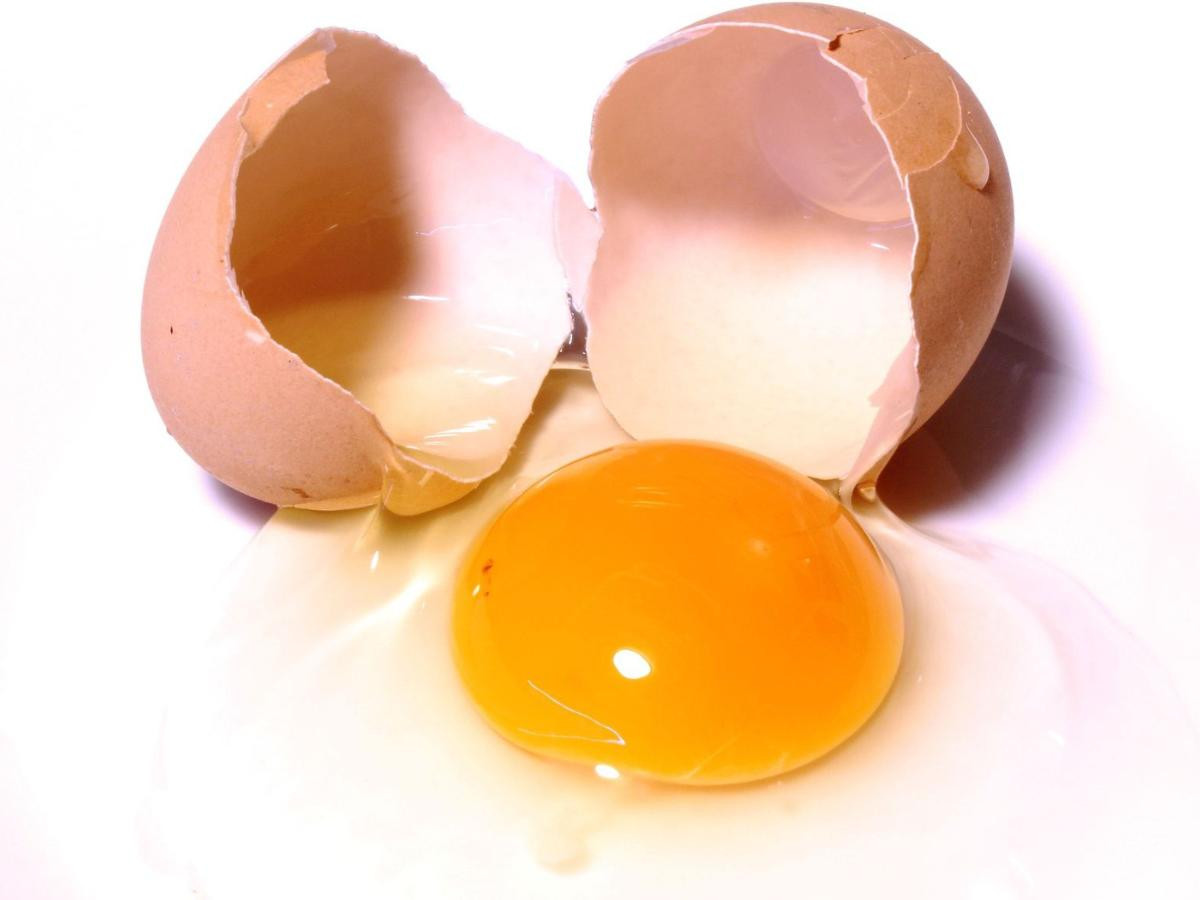
Allergies: One of the most common reasons for using an egg substitute is to accommodate egg allergies. Eggs are a common allergen, and allergic individuals need alternatives to safely enjoy dishes like meatballs.
Dietary Restrictions: Some people follow vegetarian or vegan diets and choose not to consume eggs. In these cases, a vegan egg substitute is essential to create meatballs that align with their dietary preferences.
Cholesterol Concerns: Eggs are relatively high in cholesterol. If you are trying to reduce your cholesterol intake for health reasons, using egg substitutes in recipes like meatballs can help you achieve a heart-healthy diet.
Religious Restrictions: Certain religious dietary restrictions may prohibit the consumption of eggs, making egg substitutes necessary when preparing dishes like meatballs.
Flavor Preferences: Some individuals prefer the taste of meatballs made without eggs. Egg substitutes can offer an opportunity to tailor the flavor to one’s liking.
Availability: Sometimes, you might run out of eggs and need a quick and convenient substitute for a particular recipe, like meatballs.
Experimentation: Cooking is an art, and some chefs enjoy experimenting with different ingredients to create unique flavors and textures. Using egg substitutes allows for culinary creativity and variation instead of your basic pork and ground beef meatballs in marinara sauce.
How Do We Look For An Egg Substitute?

When looking for a suitable binder for meatballs, there are several key factors to consider to ensure that your meatballs turn out well.
1. Binding Capacity: The primary function of a binder is to hold the meatball mixture together. Look for an ingredient with good binding capacity to prevent your meatballs from falling apart during cooking.
2. Texture Enhancement: The binder should contribute to the desired texture of your meatballs. It should help keep them moist and tender, preventing them from becoming dry and crumbly.
3. Flavor Compatibility: Consider how the binder’s flavor complements the other ingredients in your meatballs. Some binders can add subtle flavor enhancements, so choose one that works well with the overall taste you want to achieve like using the neutral flavor mashed potatoes in your turkey meatballs because the tomato paste gave you a very acidic sauce
4. Allergen and Dietary Considerations: Consider any dietary restrictions or allergies you or your guests may have. Opt for binders suitable for your dietary needs, whether for gluten-free, vegan meatballs, or allergen-free options.
5. Moisture Retention: A suitable binder should help retain moisture in your meatballs, ensuring they remain juicy and delicious during and after the meatballs cook.
6. Structure and Shape: Your chosen binder should help maintain the shape and structure of your meatballs. This is especially important if you plan to bake, fry, or grill them.
7. Customizability: Consider how versatile the binder is. Some binders may allow you to adjust the texture and flavor of your meatballs recipe to better suit your preferences.
8. Cooking Method: Keep in mind the cooking method you intend to use. Some binders may work better for cooking techniques, such as baking, frying, or simmering.
9. Substitute Availability: Ensure that the binder you choose to replace eggs is readily available and fits your budget. Some egg substitute for meatballs, for example, can be found in most grocery stores, while others may be more specialized.
10. Flavor Enhancement: If you’re looking to add a unique flavor to your meatballs, consider binders that contribute distinct tastes, such as nutty notes from nut butters, fruity hints from mashed bananas, or savor the richness from plain yogurt or ricotta cheese.
Ultimately, the ideal binder to use as an egg substitute for your meatballs will depend on your specific recipe, dietary requirements, and flavor preferences.
Experimenting with different binders to replace eggs can lead to delightful variations in your meatball creations. Don’t be afraid to get creative and find the perfect one for your culinary masterpiece.
What is The Best Egg Substitute For Meatballs?
When making meatballs and looking for egg substitutes, several options are available, depending on your dietary preferences and the desired outcome.
In your quest for an excellent egg substitute for the perfect meatball, these 21 eggless meatballs substitutes offer a world of possibilities.
Whether you’re aiming for a healthier option, catering to dietary restrictions, or simply experimenting with unique flavors and textures, these alternatives have you covered.
1. Flaxseed or Chia Seed Gel

Substitute: 1 tablespoon ground flaxseeds or chia seeds + 3 tablespoons of water for one egg.
Binding Power: The jelly-like substance from these seeds mimics the texture of eggs, ensuring a cohesive meatball mixture. It also adds a subtle nutty flavor.
2. Applesauce
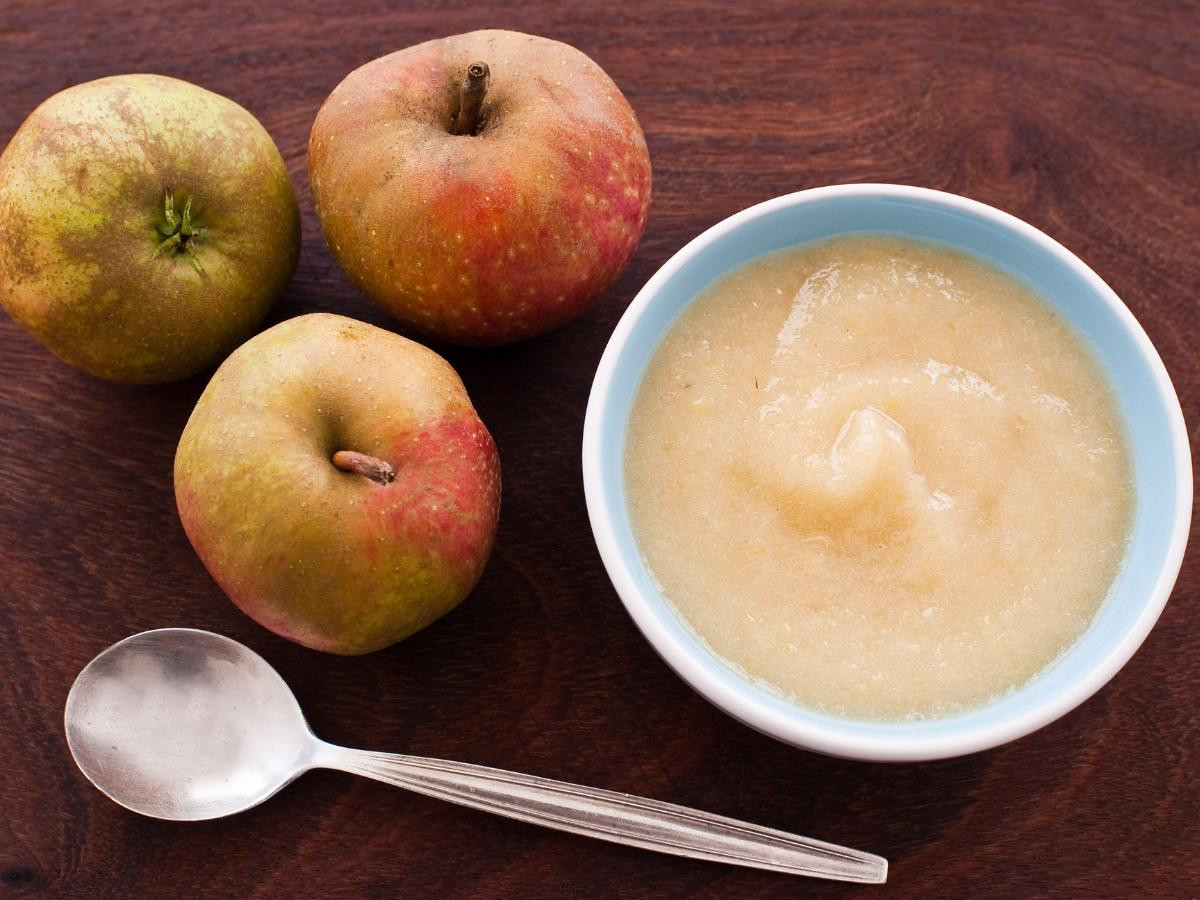
Substitute: 1/4 cup of unsweetened applesauce for one egg.
Binding Power: Unsweetened Applesauce provides moisture, helping to bind the ingredients while infusing a hint of natural sweetness.
3. Mashed Banana
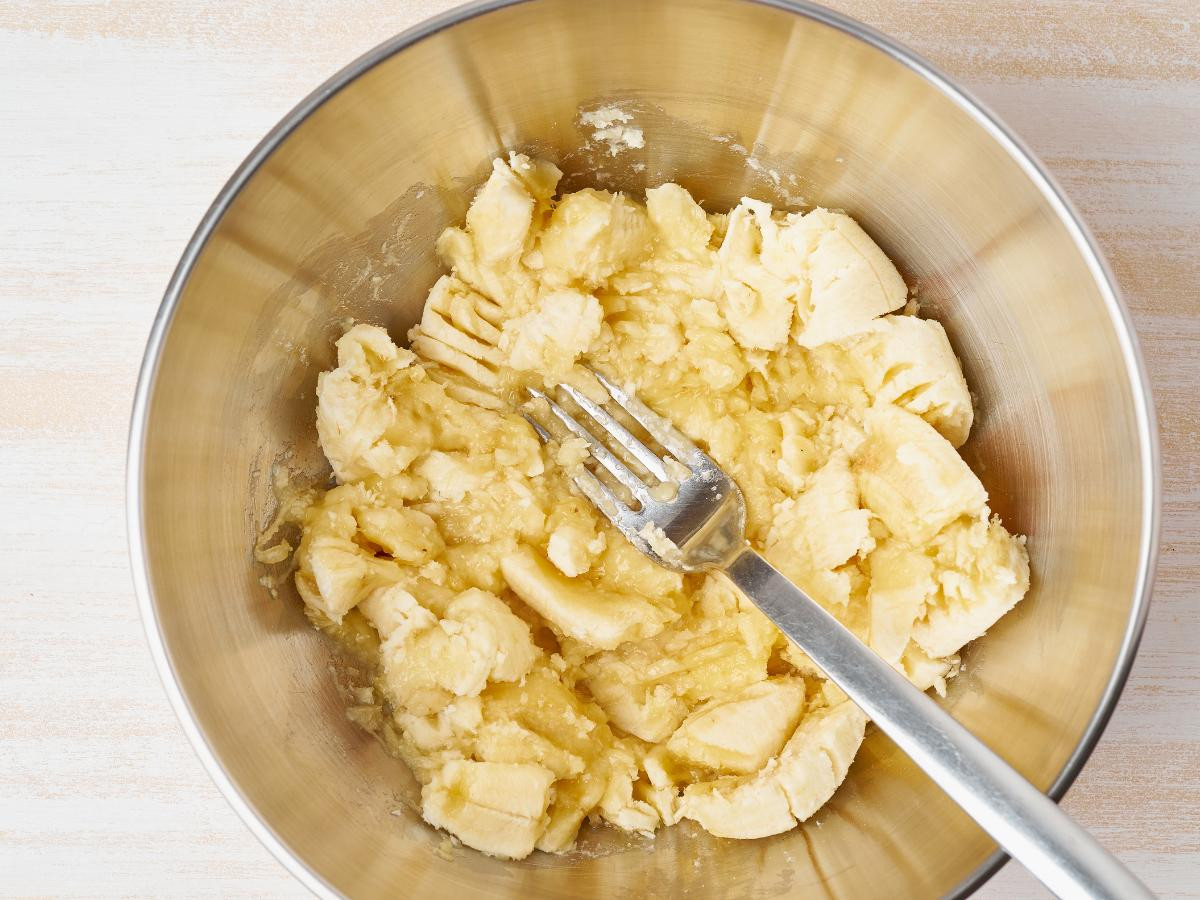
Substitute: 1/4 cup of mashed ripe banana for one egg.
Binding Power: Bananas not only act as a binding agent but also lend a delightful fruity aroma to your meatballs.
4. Silken Tofu
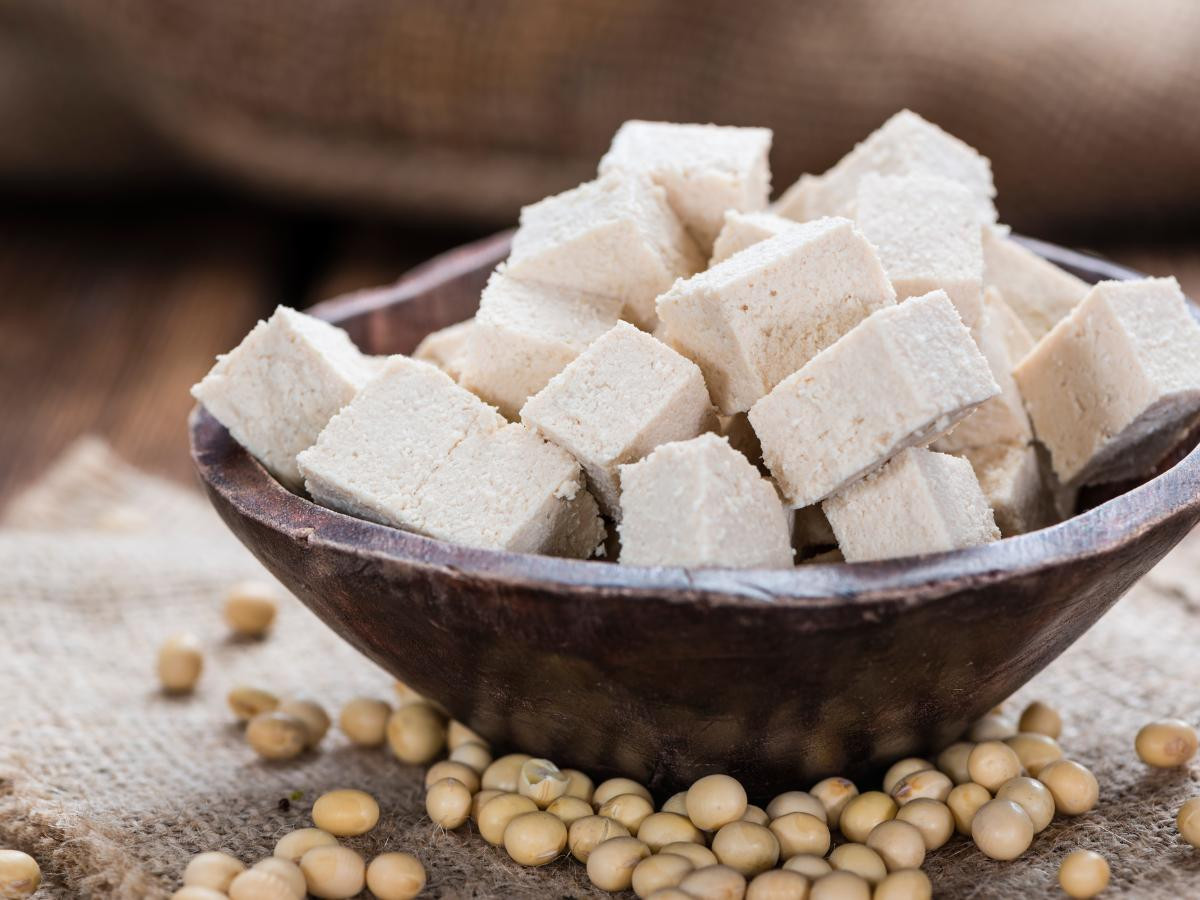
Substitute: Blend 1/4 cup of silken tofu until smooth for each egg.
Binding Power: Silken tofu creates a creamy texture, holding the meatball mixture together. It’s also protein-rich.
5. Greek Yogurt
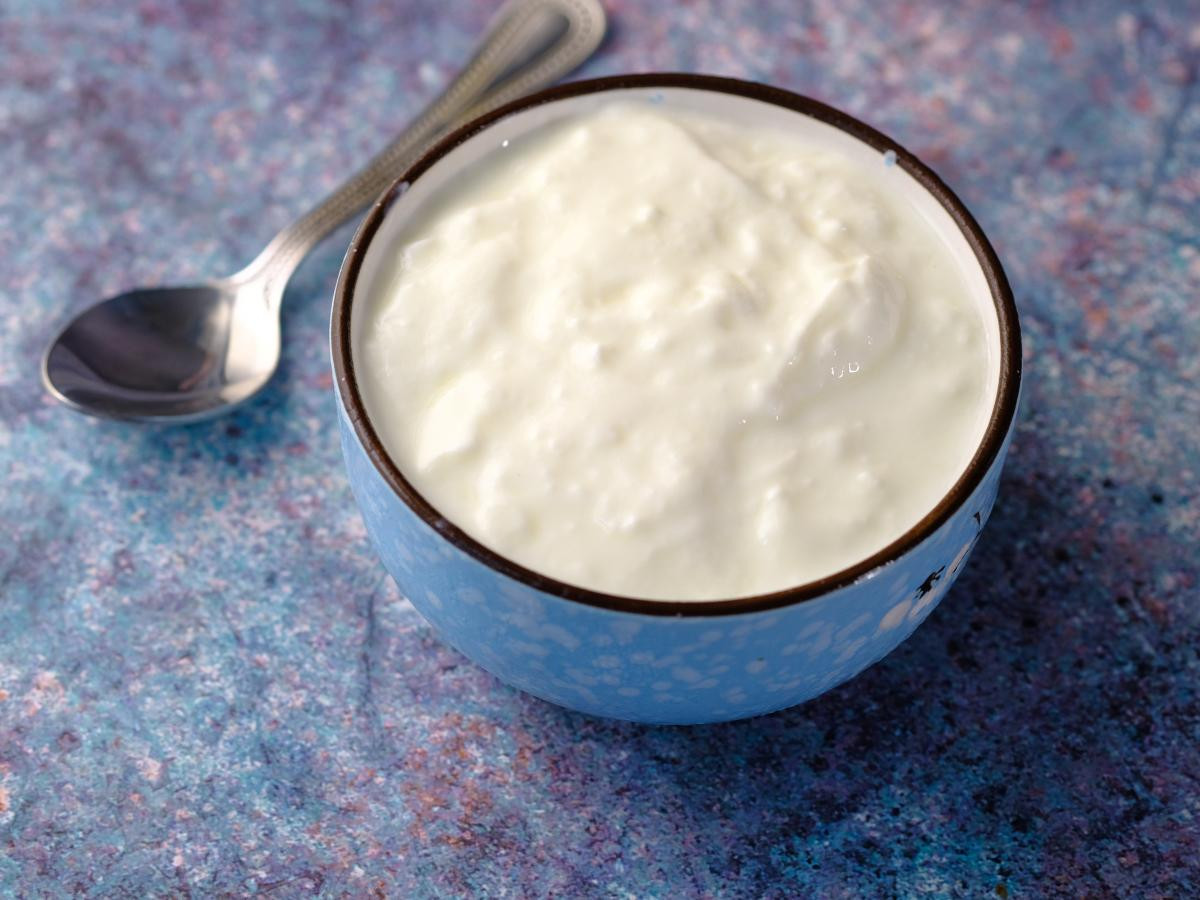
Substitute: 1/4 cup of plain Greek yogurt for each egg.
Binding Power: Greek yogurt adds creaminess and helps bind the ingredients while contributing a pleasant tanginess.
6. Buttermilk

Substitute: 1/4 cup of buttermilk for each egg.
Binding Power: Buttermilk imparts moisture and a subtle tang, enhancing the texture and flavor of your meatballs.
7. Sour Cream
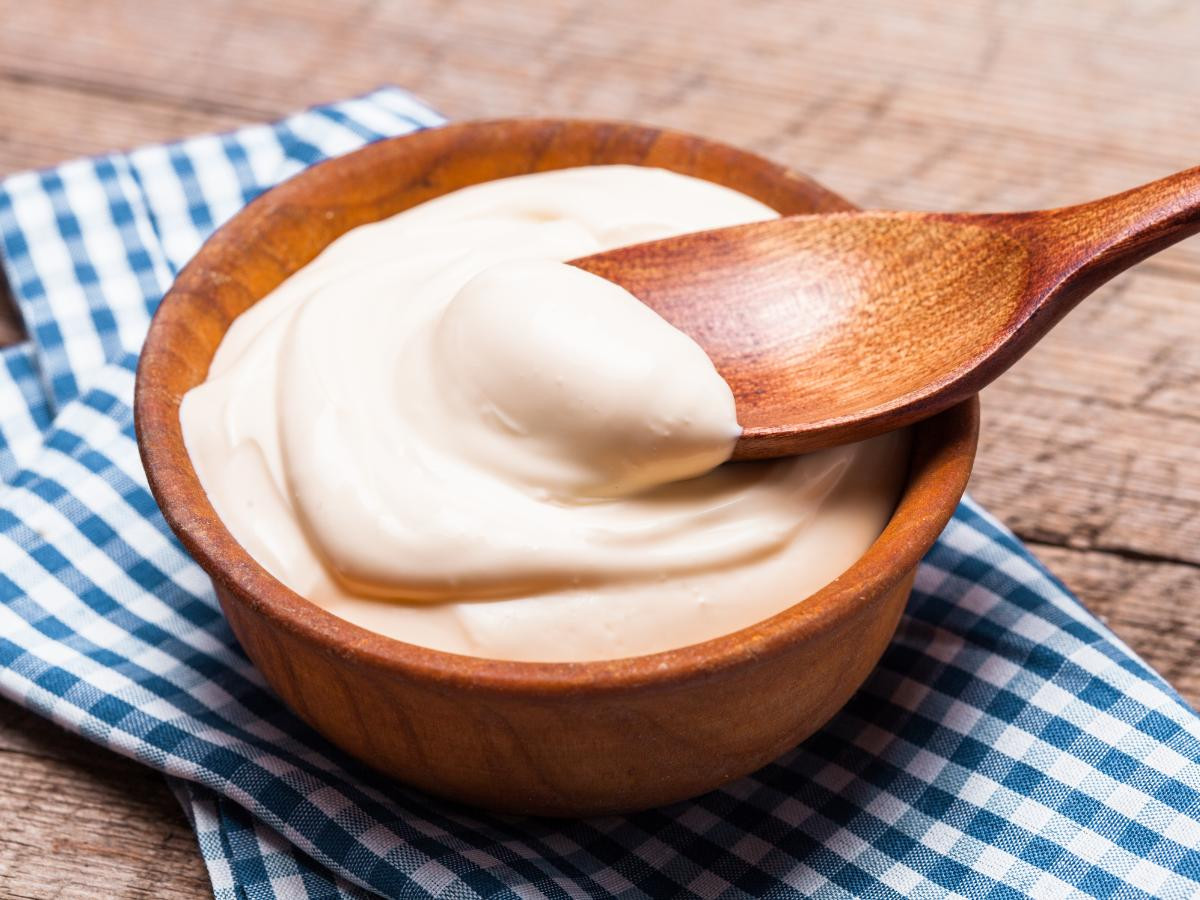
Substitute: 1/4 cup of sour cream for each egg.
Binding Power: Sour cream enriches your meatball mixture with a creamy, tangy element while ensuring good binding.
8. Yogurt

Substitute: 1/4 cup of plain yogurt for each egg.
Binding Power: Regular yogurt provides a similar binding effect as Greek yogurt and adds a mild tangy flavor to the meatballs.
9. Cottage Cheese
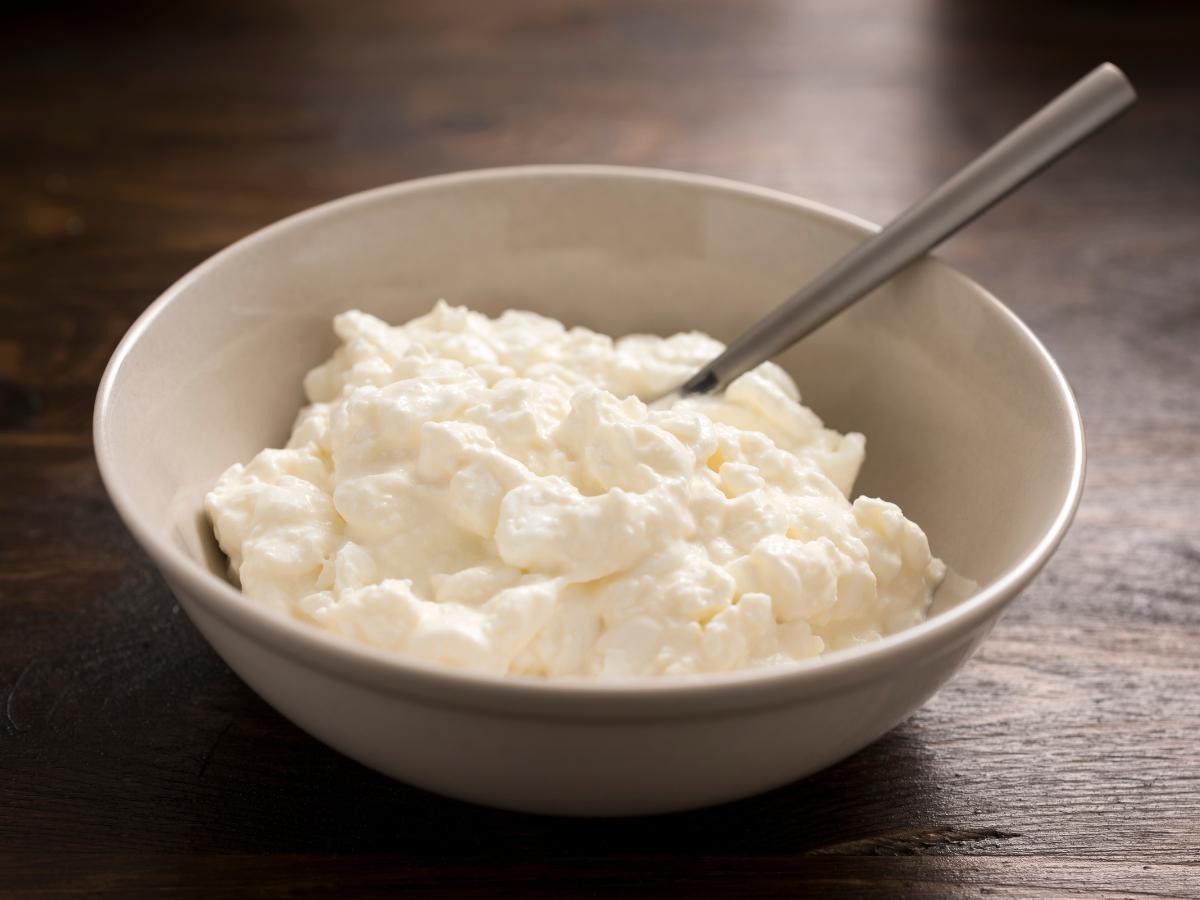
Substitute: Blend 1/4 cup of cottage cheese until smooth for each egg.
Binding Power: Creamy cottage cheese holds the meatball mixture together while contributing a gentle dairy flavor.
10. Ricotta Cheese
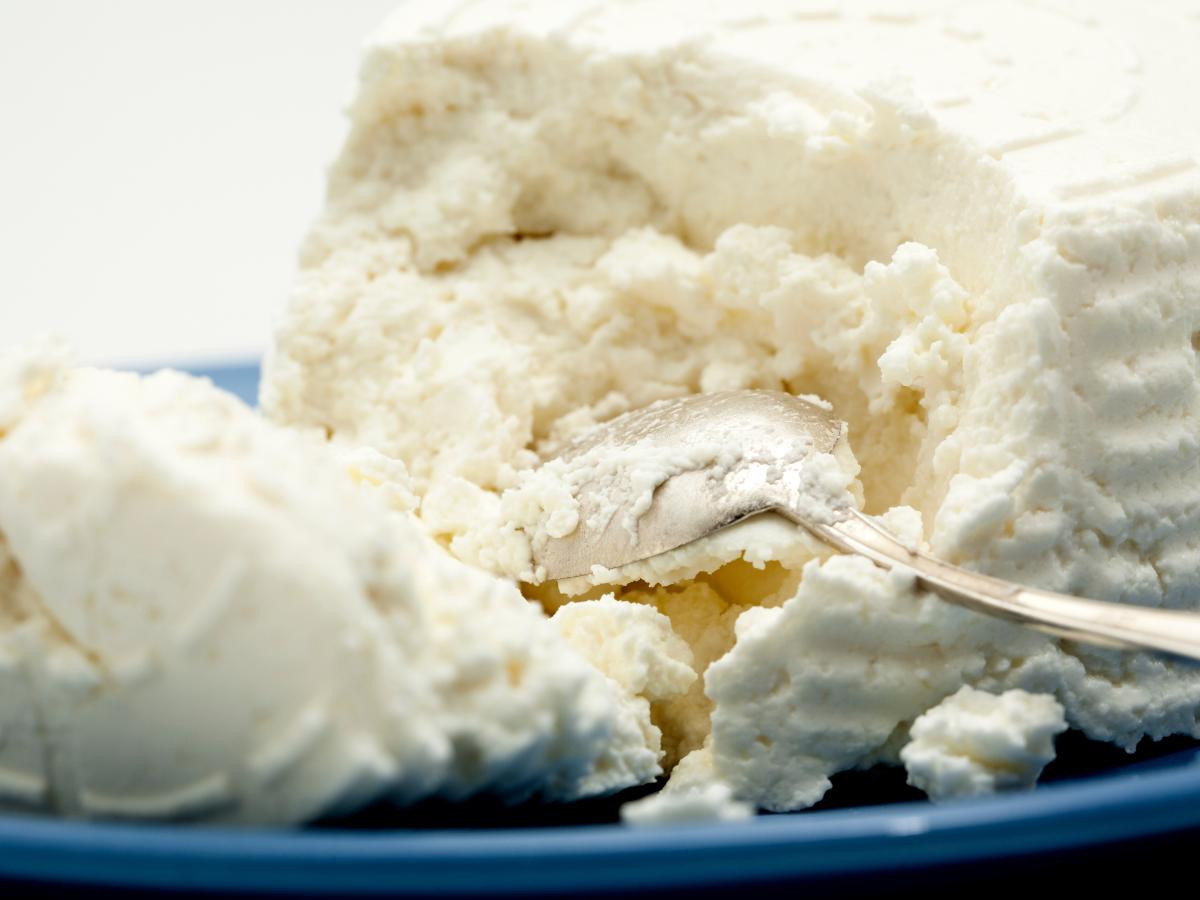
Substitute: 1/4 cup of ricotta cheese for each egg.
Binding Power: Ricotta adds richness and creaminess to your meatballs while assisting in binding the ingredients.
11. Mashed Potatoes
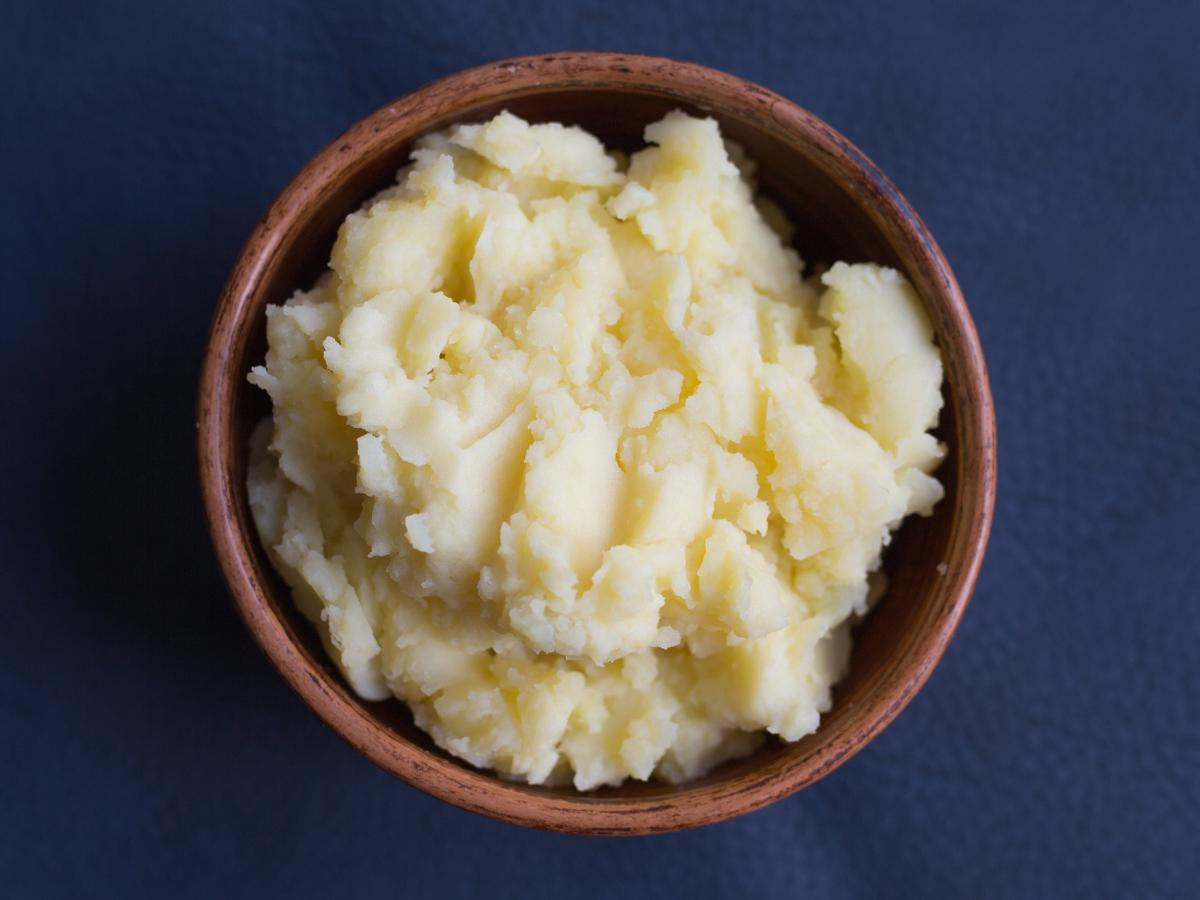
Substitute: Leftover mashed potatoes can be used to bind the meatball mixture.
Binding Power: Mashed potatoes are an unexpected but effective binder that also adds a starchy component to your meatballs.
12. Nut Butters
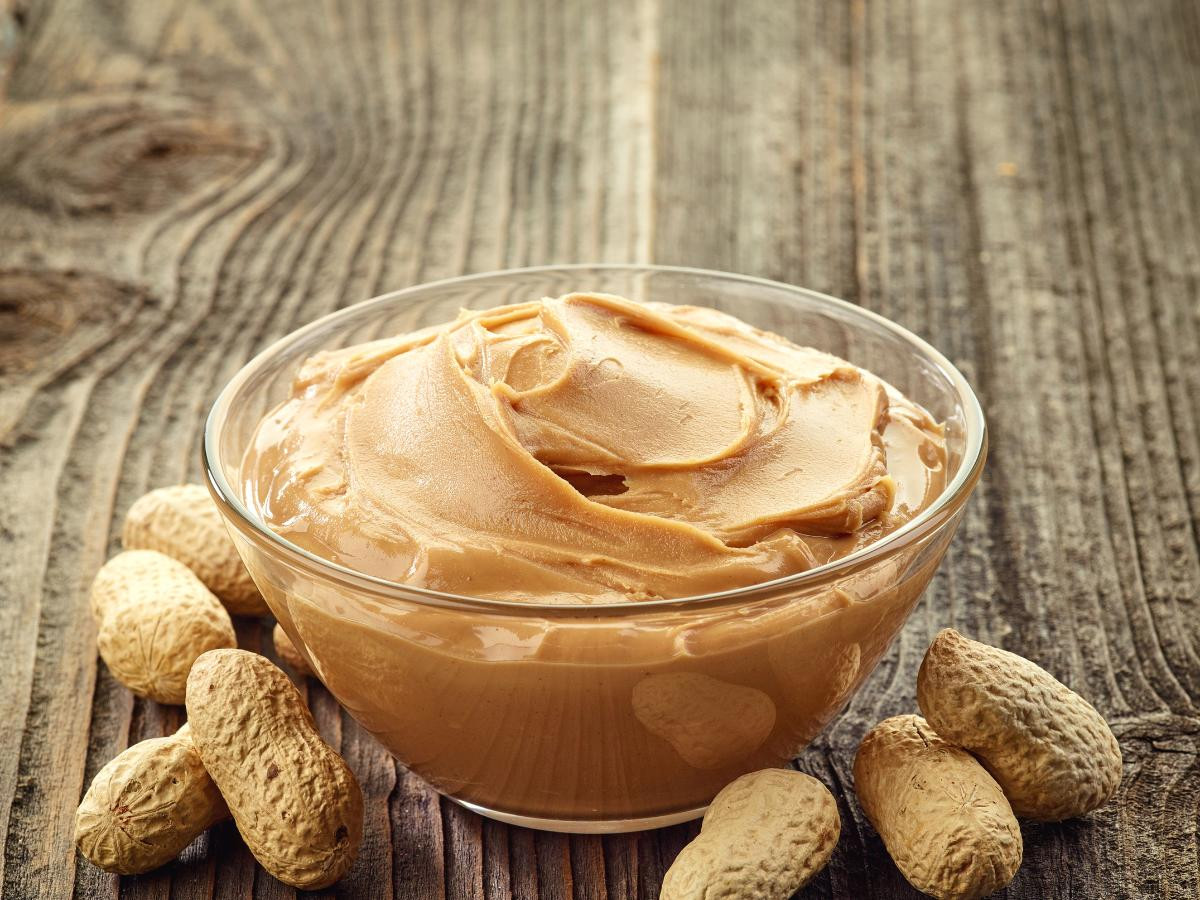
Substitute: 3-4 tablespoons of peanut butter or almond butter per egg.
Binding Power: Nut butters lend their rich, nutty flavor and help hold the meatball mixture together.
13. Vinegar and Baking Powder

Substitute: Mix 1 tablespoon of vinegar with 1 teaspoon of baking powder for each egg.
Binding Power: This combination creates a chemical reaction that acts as a leavening agent, helping the meatballs rise and bind.
14. Carbonated Water

Substitute: 1/4 cup of carbonated water for each egg.
Binding Power: Carbonated water adds moisture and lightness to the meatballs, promoting binding.
15. Milk (Dairy or Plant-Based)

Substitute: 1/4 cup of milk or non-dairy milk (e.g., almond, soy, oat) for each egg.
Binding Power: Milk provides moisture and a slight creaminess, enhancing the texture and flavor of your meatballs.
16. Cream

Substitute: 1/4 cup of heavy cream or a dairy-free alternative for each egg.
Binding Power: Cream enriches the meatball mixture with a luxurious, velvety texture.
17. Vegetable or Chicken Broth

Substitute: 1/4 cup of broth for each egg.
Binding Power: Broth adds flavor and moisture, helping to bind the ingredients while introducing a savory element to your meatballs.
18. Mashed Avocado
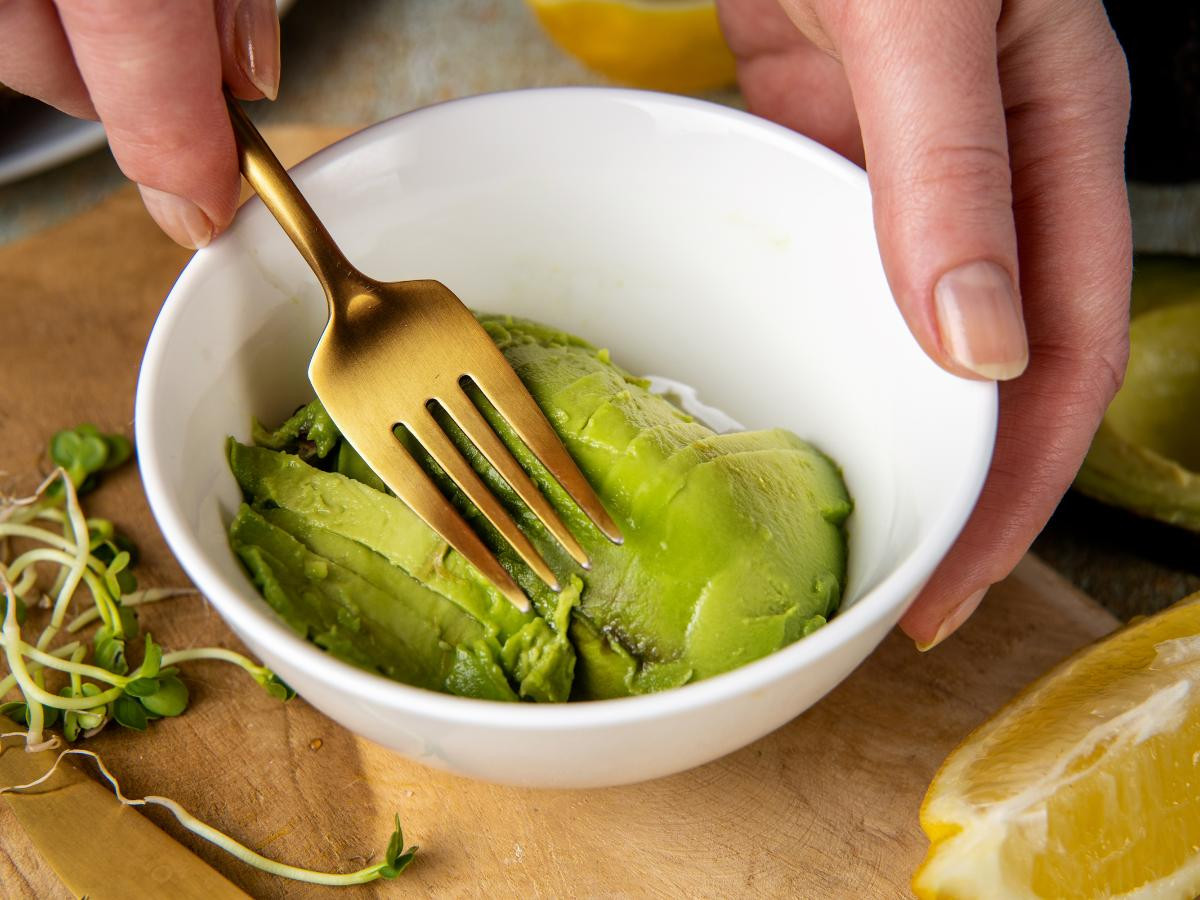
Substitute: 1/4 cup of mashed avocado for each egg.
Binding Power: Avocado contributes a delightful creaminess and a subtle, buttery flavor.
19. Potato Starch
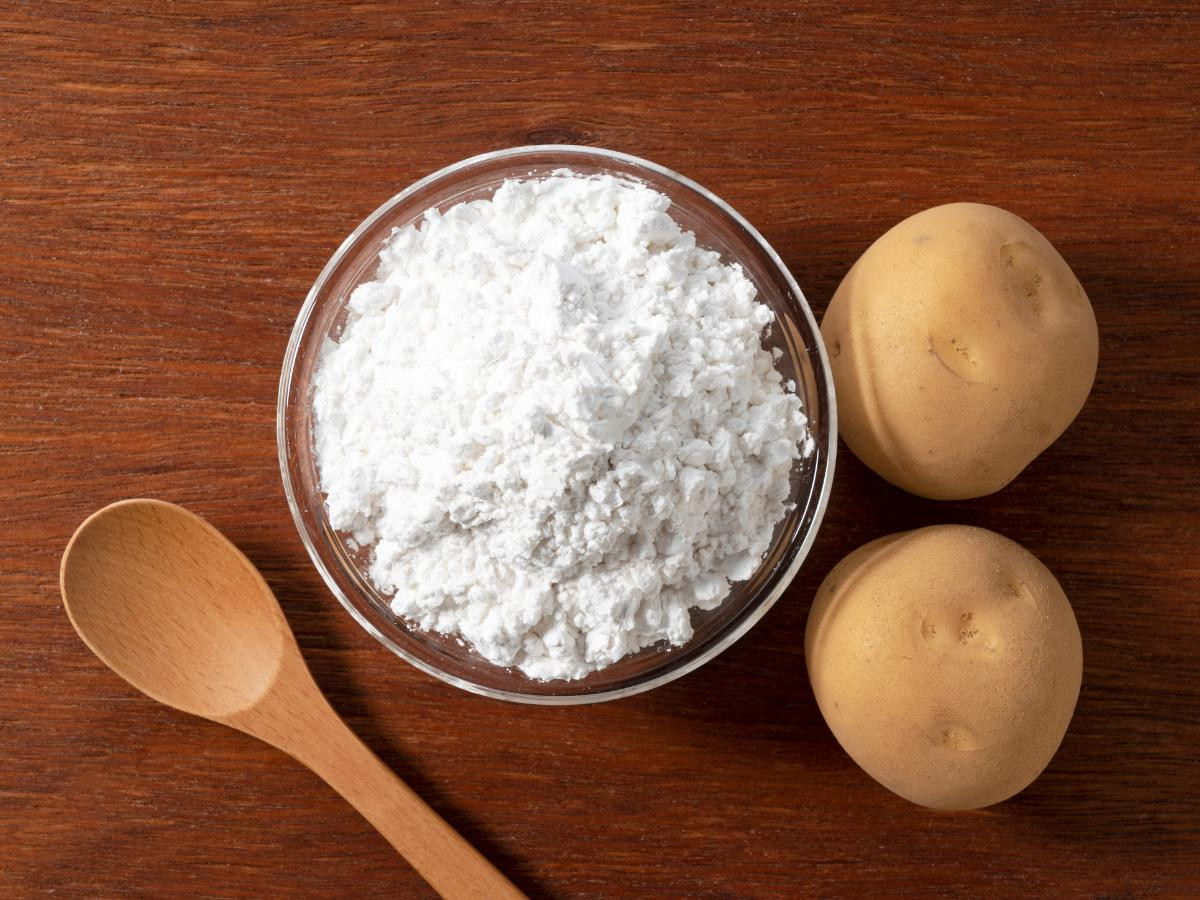
Substitute: 2 tablespoons of potato starch for each egg.
Binding Power: Potato starch aids in binding and thickening, resulting in making egg free meatballs with a slightly smoother texture.
20. Bread Crumbs
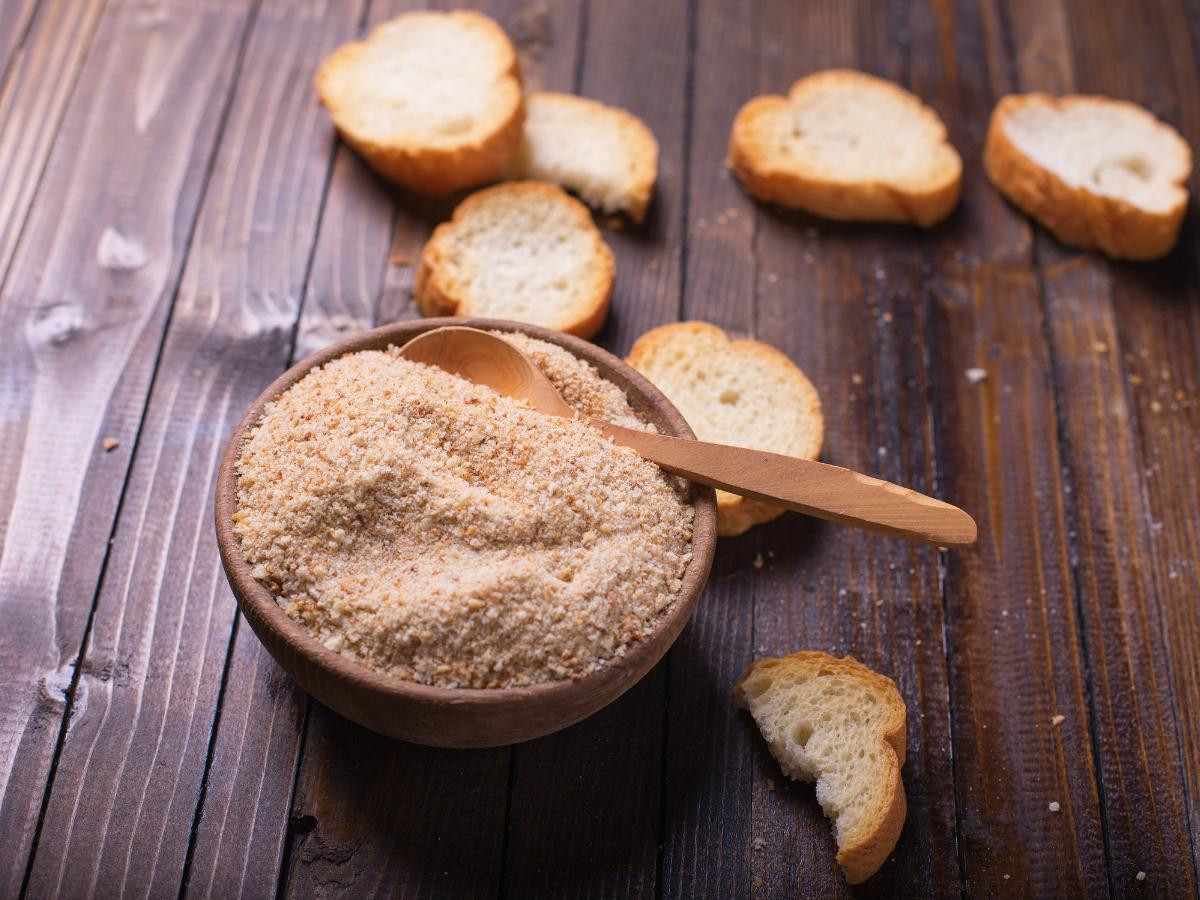
Substitute: Increase the amount of breadcrumbs in your recipe.
Binding Power: Adding Bread crumbs can absorb moisture and help bind the meatball ingredients while providing some structure.
21. Commercial Egg Replacers
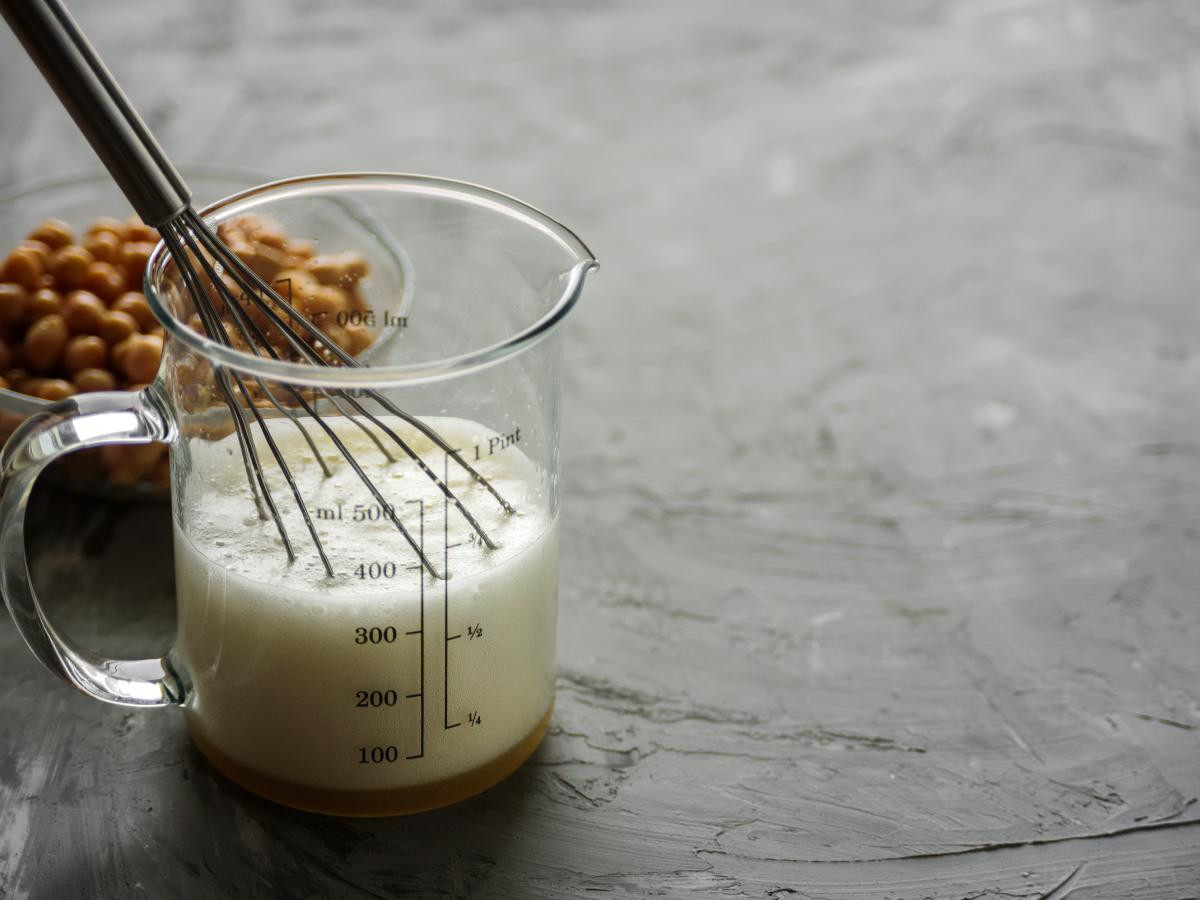
Substitute: Follow the instructions on the package for specific commercial egg replacement products.
Binding Power: Commercial egg replacers are specifically designed for binding and work effectively in meatball recipes, often without altering the flavor.
From Eggs to Innovations: Concluding Your Meatball Journey
Remember, cooking is not just about following a strict recipe; it’s about creativity, adaptability, and the freedom to craft dishes that suit your unique tastes and dietary needs.
By daring to ditch the traditional egg binder, you’ve opened the door to a realm of flavors and textures that can make your meatballs truly exceptional.
Whether you’ve embarked on this adventure due to an egg allergy, dietary preferences, or simply a desire for something new and exciting, I hope you’ve found this article informative and inspiring for the best egg substitutes.
From flax seeds, mashed potatoes, unsweetened applesauce, and every ingenious option, you’ve witnessed the power of culinary innovation.
So, go ahead, experiment, and surprise your taste buds.
Let your kitchen be the playground where you concoct meatballs that are truly your own.
Remember, there’s no one-size-fits-all approach to cooking traditional meatballs, and the joy lies in the journey of discovery.
FAQ and Additional Information
What’s the Purpose of Eggs in a Meatball Recipe?
Binding: Eggs act as a binding agent, helping to hold the meatball mixture together. They help prevent the meatball from falling apart during cooking, ensuring a cohesive texture.
Texture: Eggs contribute to the texture of the meatball by adding moisture. They help keep the meatballs moist and tender, preventing them from becoming dry or crumbly.
Structure: Eggs provide structure to the meatball recipes, helping it maintain its shape during cooking. This is especially important when frying or baking meatballs.
Flavor: Eggs can add a subtle richness and flavor to the meatballs, enhancing their overall taste.
Aeration: Eggs can trap air when beaten, leading to a lighter and fluffier texture in the meatballs.
While eggs are a traditional and effective ingredient for achieving these purposes, there are various vegan egg substitute available for those who have dietary restrictions, egg allergy, or other reasons for avoiding eggs.
These substitutes can also contribute to binding, texture mild flavor, and flavor in meatball recipes, as discussed in the article earlier.
Here Is An Example On How To Substitute The Eggs in Meatballs
here’s an example of how to substitute eggs with a common egg substitute, like flaxseed or chia seed gel, in a meatball recipe:
Original Recipe (with Eggs):
Ingredients:
1 pound ground meat (e.g., beef, pork, or a mix)
1/2 cup breadcrumbs
1/4 cup grated Parmesan cheese
1/4 cup chopped fresh parsley
1/4 cup finely chopped onion
2 cloves garlic, minced
1 large egg (used for binding)
Salt and pepper to taste
Instructions:
In a mixing bowl, combine the ground meat, breadcrumbs, Parmesan cheese, parsley, chopped onion, minced garlic, and one egg. The egg acts as a binding agent in the mixture.
Season the mixture with salt and pepper to taste.
Shape the mixture into meatballs and cook them as desired.
Now, Let’s Substitute Eggs For Flax Egg or Chia Seeds
Substituting Eggs with Flaxseed or Chia Seeds Gel:
Ingredients:
1 pound ground meat
1/2 cup breadcrumbs
1/4 cup grated Parmesan cheese
1/4 cup chopped fresh parsley
1/4 cup finely chopped onion
2 cloves garlic, minced
1 tablespoon flax egg seed or chia seeds meal (mixed with 3 tablespoons of water to create a gel)
Salt and pepper to taste
Instructions:
To replace one egg, mix 1 tablespoon of ground flaxseed or chia seeds meal with 3 tablespoons of water in a small bowl. Stir well and let it sit for a few minutes until it thickens to a gel-like consistency. This gel will act as a binding agent in place of the egg.
In a mixing bowl, combine the ground meat, breadcrumbs, Parmesan cheese, parsley, chopped onion, minced garlic, and the flaxseed or chia seeds gel.
Season the mixture with salt and pepper to taste.
Shape the mixture into egg free meatballs and cook them as desired.
The flax seed or chia seed gel, in this example, takes on the role of the egg, providing the necessary binding for the meatball mixture.
It’s a versatile and egg-free alternative just like mashed potatoes or plain yogurt that works effectively with one egg in many recipes replacing eggs and keeping your meatballs tender.







4 Comments